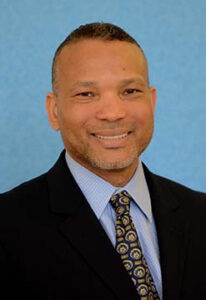Anthony Meredith Bailey, MD, Explains How Urgent Care Has Changed Health Care
 I have been practicing urgent care medicine for 10 years. Before, I was a full-time emergency physician for more than 25 years.
I have been practicing urgent care medicine for 10 years. Before, I was a full-time emergency physician for more than 25 years.
Urgent care medicine is all about convenience and rapid access to quality health care. For example, many people, especially millennials, desire to arrange their health care needs according to their schedule. Additionally, primary care providers refer sick patients in need of a rapid and thorough evaluation to urgent care centers. These facilities often serve as a gateway for new patients needing more advanced or specialist care.
The COVID-19 pandemic has exposed a few weak points in our medical care system. Many patients do not feel comfortable going to the emergency room because of exposure to potentially very ill patients but feel more comfortable going to urgent care. The number of urgent care centers will continue to grow as people continue to seek and demand convenient and high-quality medical care. Additionally, some urgent care facilities provide occupational medicine services such as acute injury assessment and management, and drug testing, among others. It’s also important to note that an urgent care clinic visit is significantly less costly than a visit to an emergency department.
Generally, working in an urgent care setting is less stressful because of decreased acuity of the patient population. It is satisfying because you work closely with a dedicated core staff. There is more time to spend establishing rapport with the patient. As an urgent care medicine provider, you care for a wide variety of patients, and the practice is fast-paced and rewarding. Although I am employed full-time, I have more quality personal and family time.
Board certification in urgent care medicine is fundamental to a physician’s practice, as an urgent care medicine residency does not exist at this time. Board certification defines and assesses the fund of knowledge necessary to practice top-tier urgent care medicine. This aspect of the certification process is crucial given that urgent care medicine draws physicians from many different specialties.






